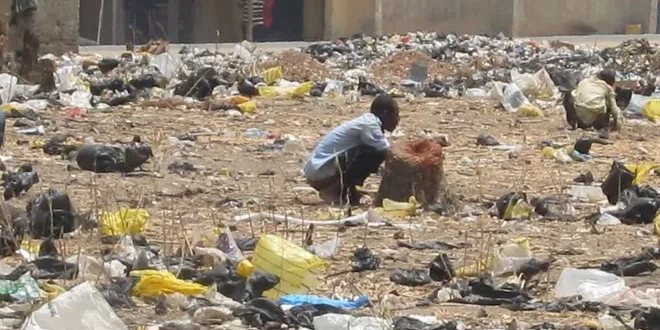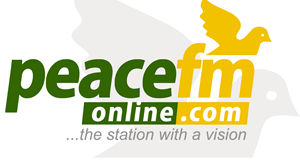Despite numerous efforts in tackling the issue of Water, Sanitation and Hygiene in the country, latest data from the Ghana Statistical service has painted a troubling picture of its progress as the GSS reveals, 25% of households (one in every four) in the country practice open defecation.
While Sustainable Development Goals (SDGs) target 6.2 aims to end open defecation (OD) globally by 2030, the latest data from the 2022 Demographic and Health Survey (DHS) reveals Ghana remains on track in meeting this target.
Open defecation remains higher in the rural areas than the urban areas with 39% of rural households practicing OD according to the report. 12% of urban households per the report also practice OD, a figure still well above the 0% target for 2030.

WHO/UNICEF estimates that close to 1.8 billion people either defecate in the open or use filthy and broken toilets.
The UN in Ghana in 2023 had called for an increase in public finance and more private sector investment in WASH as it described the sanitation situation in Ghana is very poor, estimating only 25% having access to basic sanitary services, about 57% using shared or public facilities and 18% still defecating in open defecation. Poor sanitation conditions pose serious public health risks.
The 2022 DHS present figures consistent with these estimation as it pegged overall access to basic sanitary services at 24% well below the set National Medium-Term Development Policy Framework Basic Sanitation Services Targets for 2022 of 39%.
The Greater Accra Region is the only region with access to basic sanitary service above the national set target with 40% of its population having access. All other 15 region have basic sanitary access of less than 30% with the Savannah region having the least percentage of household with basic sanitary services at a paltry 11%.

The 2022 DHS is also consistent with the UN’s estimation that 44% wastewater flow back into nature untreated, with disastrous health and environmental consequences. The report revealed 47% of households Lack appropriate management of household excreta.
Also, although the Global WASH Monitoring Report indicates that 1 in 4 people – 2 billion people – around the world lack safely managed drinking water, access to drinking water in the country remains relatively high as 84% of the population has at least basic drinking water service per the 2022 DHS close to the 90% global target.
Despite this high rate, 22% (approx. 2 out of every 5) rural households still rely on surface water and unimproved services for drinking.
While 98% of households in Greater Accra have at least basic service for drinking water, only 43% of households in the North East region have basic service for drinking water.
WHO estimates that in 2019 7,653 deaths in Ghana were caused by WASH related illness. This means 21 people per day, i.e almost one person every hour dying from preventable WASH-related diseases.
 Radio1Ghana Serving Communities
Radio1Ghana Serving Communities










